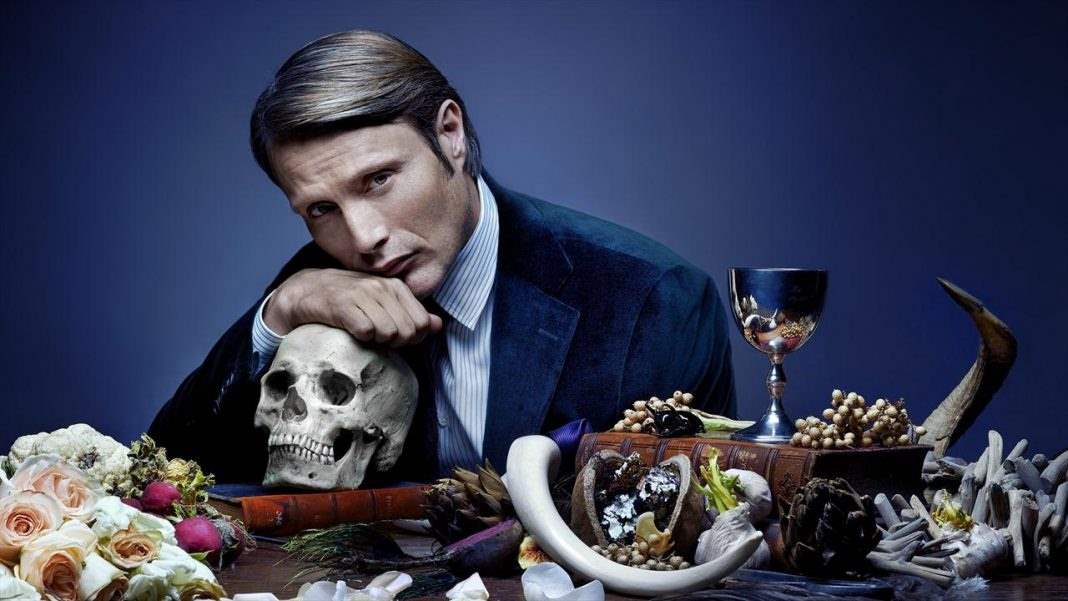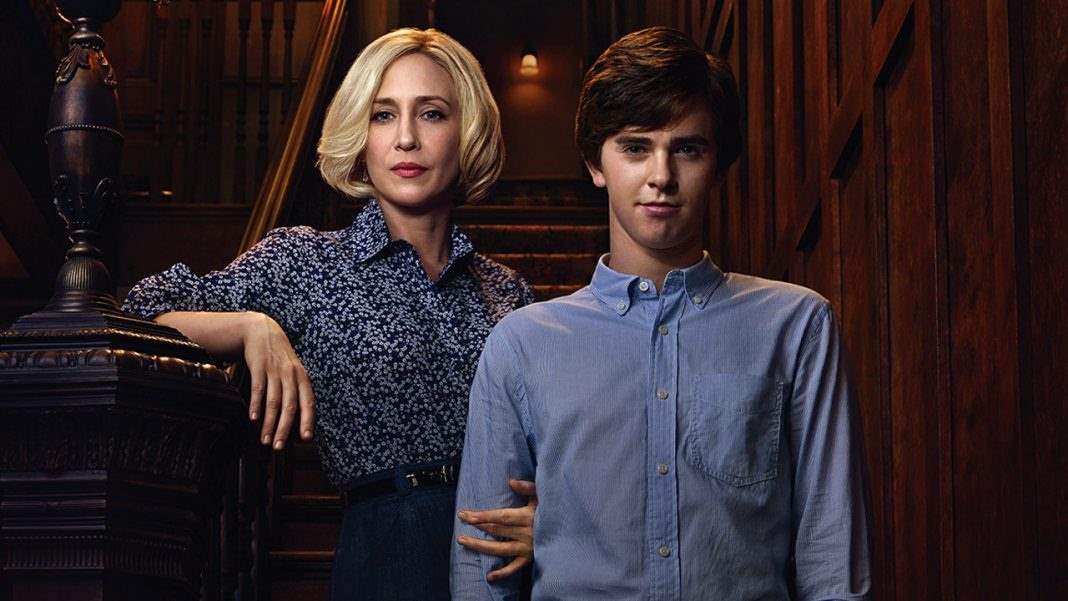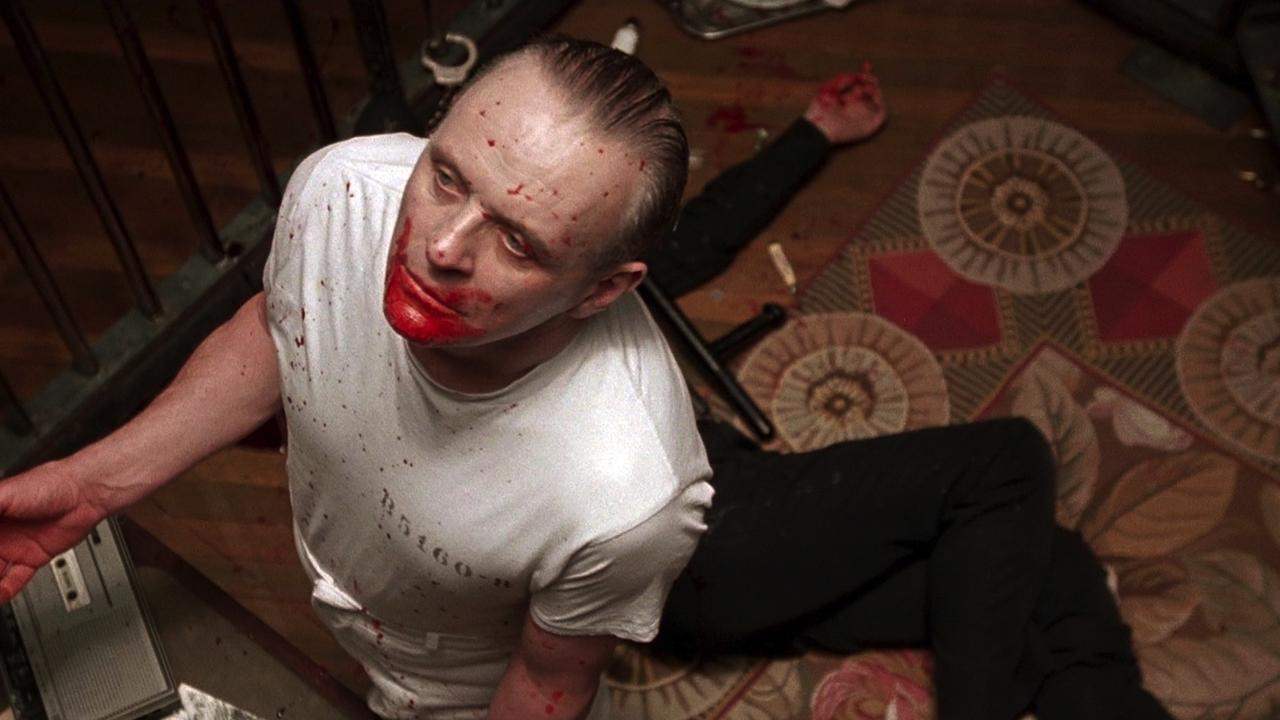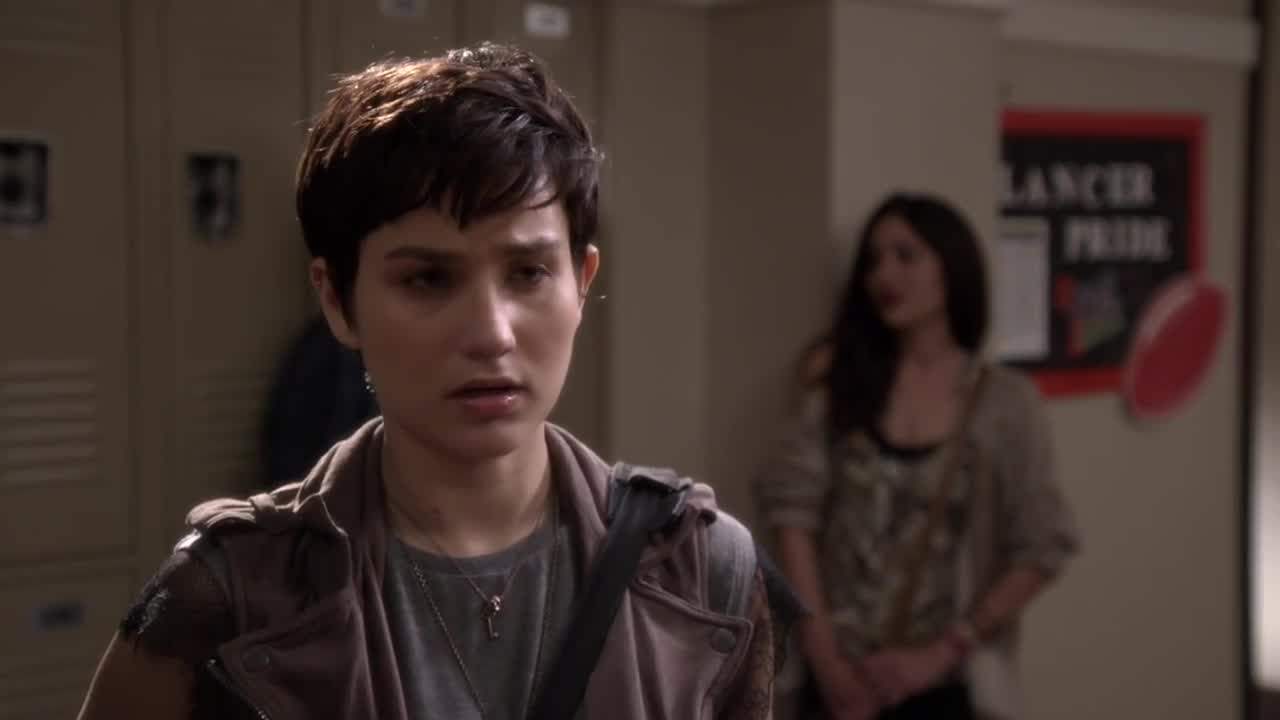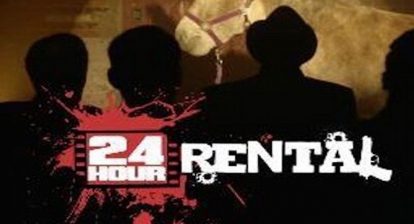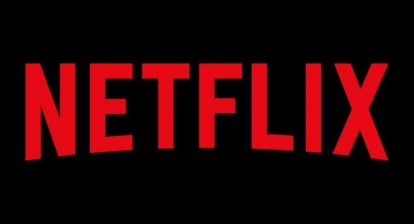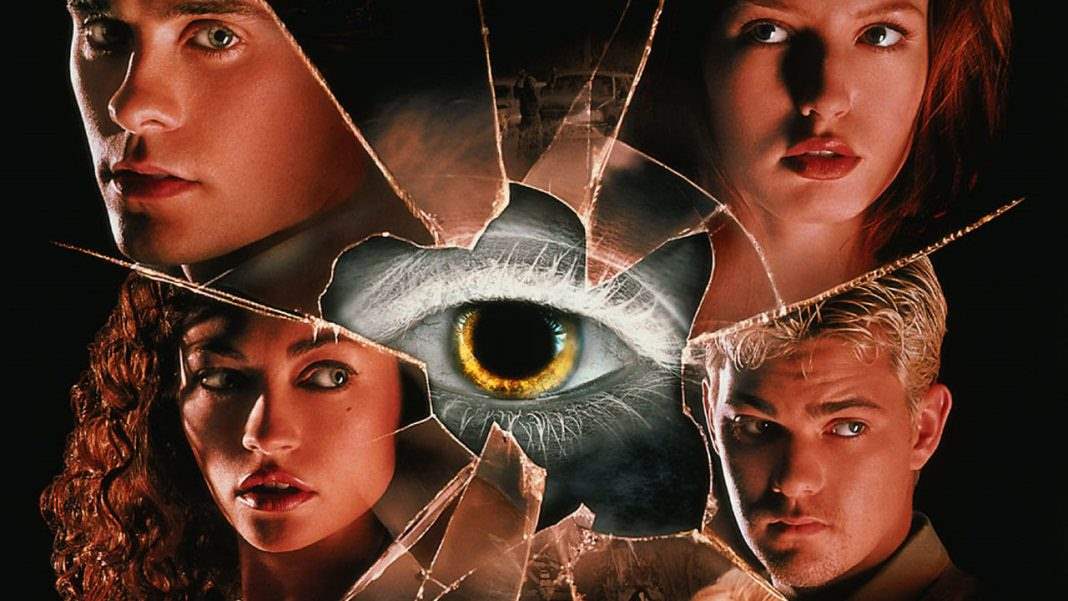In this regular series, a Wicked Horror writer presents an unpopular opinion about a particular genre offering and asks the oft-repeated question, “Is it just me?” In this installment, Joey Keogh argues that the third season of TV’s Hannibal is a massive disappointment.
Full disclosure: I am a massive fan of Bryan Fuller’s Hannibal. Since the very first episode I’ve been completely hooked; delighted, disgusted and, crucially, very frightened – often all at once.
When you watch mostly horror movies–and this is not a humble-brag–it’s increasingly difficult to find something that properly scares you. But, man, did Hannibal do it for me.
I have no problem admitting I could only watch the show in daylight. It frequently gave me nightmares and stopped me sleeping. Certain ideas, certain visuals, had me, quite honestly, shaking with terror.
When the third, and sadly final, season rolled around, however, something changed. Suddenly, I wasn’t scared at all. In fact, I was bored. I left Hannibal to rot on my DVR and only managed to finish the show at the end of the year, over Christmas break. (And that was purely to clear space and get it out of the way finally).
The inclusion of the Red Dragon story-line, as featured in the novel of the same name, by Robert Harris, promised something more.
However, not only did the villain only show up about halfway through the season, but his arrival was heralded by the fart of a squib, rather than the blast of a bullet through flesh.
I didn’t care anymore, and no matter how good Richard Armitage was in the role (and he’s really bloody good), Hannibal never managed to hook me back in.
There are a multitude of reasons why a TV programme can lose its spark; Dexter got a bit too mental, Bates Motel realised its suggestions of incest instead of continuing to allude to them, American Horror Story decided what it needed in order to be taken seriously was Lady Gaga.
Also See: Why Manhunter Needs More Love
The problem with Hannibal is a bit simpler than all that: It disappeared up its own ass. Let me rephrase; it got too big for its boots, started believing its own hype, took story-line cues directly from Tumblr shippers and, most damning of all, Hannibal forgot what fundamentally made it great in the first place.
Fuller’s take on the most famous (fictional) cannibal of all time relished being a resolutely dark, intelligent, very cerebral experience. Never shying away from tough dialogue, one of Hannibal‘s greatest achievements was in proving audiences can and will respond to meatiness when it’s offered to them (no pun intended).
The third season, by contrast, was a soap opera. Alana Bloom, long the least interesting character in an otherwise brilliant ensemble, was suddenly front and centre. Gifted an implausible lesbian love affair story-line (which boasted the least sexy sex scene in the history of television), with Katherine Isabelle’s weirdly underused Margot, Bloom spent much of the season chewing her words thoughtfully.

She wasn’t the only one either, the first seven episodes consisting mostly of characters sitting around talking. Hannibal himself, as played by the great Mads Mikkelsen, always sounded as though he had a particularly chewy piece of toffee in his mouth, but this season he was outdone by Gillian Anderson’s Bedelia, who seemed to be consistently struggling with a large cotton ball.
It didn’t help matters that Bedelia’s trajectory made absolutely zero sense. Whisked off to Italy to pretend to be Hannibal’s wife, while he was on the run from the FBI, she mostly languished in bathtubs or drank wine out of suitably massive glasses.
Considering her character was only gifted a name in the third season, it was difficult to care whether she lived or died. And the less said about the very final image of the show, which saw her decked out in her finest duds and all set to chow down on her own leg, the better.
Five Movies That Show Mad Love for the Horror Genre (That Aren’t Scream)
The main issue with the first half of season three was the lack of Will-Hannibal-Jack action, the conflict on which the first two season was based. The bloody final fight in season two was updated to a weird three-way knife battle in the last episode of the third, between Hannibal, Will and the Dragon, but it was a flailing final send-off that was sorely lacking in the indomitable Jack.
Speaking of whom, our favourite grumpy FBI agent got a seriously raw deal this time around, only showing up once Will was already trailing Hannibal. A dodgy timeline tried to throw us off track, making it more difficult to ascertain who had survived season two, but considering how lacking the Europe-based sequences were in any action whatsoever, a bit more Jack wouldn’t have gone amiss.
And what was with the sniper who protected Hannibal whenever he was in danger? Why did she throw Will off that train? And where the hell was she in the final act, when Hannibal really needed her?
So much of this season was predicated on the idea that Hannibal and Will were secretly in love, which is something I just could not get on board with. Perhaps that was Harris’s idea all along (I haven’t read the books, admittedly), but Tumblr was shipping these two since day one and it seems highly coincidental that a show which, previously, left us to do the guess-work ourselves suddenly had Will asking aloud in all seriousness whether Hannibal was in love with him. He’s not, Will, he just wants to eat you.
It doesn’t matter if these two characters are gay, of course, but considering Alana fell in love with a woman and nobody batted an eyelid, why was the Will/Hannibal attraction teased out all season long before they embraced and fell off a cliff together?
A quick word about that ending: It sucked. I realise that isn’t the most elegant way of putting it, but, seriously, what a disappointment. No Jack, no big defeat of the Dragon, no anything. Even Will and Hannibal gazing off into the moonlight, slowly bleeding to death, would’ve been more poetic.
The mishandling of The Red Dragon was the other major letdown of the bafflingly terrible final season. Teased as the most shocking and disturbing story-line yet, even by Hannibal standards, the latest serial killer in the stable proved to be oddly toothless.
Every Time Dr. Sam Loomis Should Have Been Fired
He slaughtered two families, sure, but that was about it (and we didn’t get to see much carnage, either). The most disturbing thing the Dragon did over the course of his five-episode rampage was biting off someone’s lips and then setting that person on fire–a moment we’d already seen before in Red Dragon.
Armitage was a better Dragon than Fiennes, but he wasn’t given a whole lot to do this season and his Francis Dolarhyde was a curiously pathetic psychopath. We were consistently told that the so-called Tooth Fairy was stealing Hannibal’s thunder in the press, but he never came close to matching the cannibal mastermind’s ferocious energy or, crucially, his power.
All of the ingredients were there but Dolarhyde/the Dragon was a sympathetic villain and he was never particularly scary, either. In a lot of ways, he exemplifies Hannibal‘s biggest flaw this season: It just wasn’t frightening.
The series that used to leave me squirming in my seat suddenly had me yawning. Episodes stretched on into nothingness, characters behaved in dull ways they never had before. The re-casting of Mason Verger (the terrific Joe Anderson taking over from alleged diva Michael Pitt) injected some life into the proceedings, but then he was done away with in a bizarre, yet boring, sequence involving an eel and that was that.
Aside from wasting a perfectly fine cast, a number of key genre filmmakers were drafted in this season to helm their own episodes, including Neil Marshall (The Descent) and John Dahl (Joy Ride). Curiously, the director tasked with making the first batch of episodes sing was Vincenzo Natali, whose flat and uninspired take gave us little more than the same slow-mo image of a drop of blood (or water) repeated ad nauseum.
Perhaps Natali is actually the auteur most suited to Hannibal, given its insanely artsy-fartsy delusions of grandeur this season. After all, who wants to see gorgeously grotesque flashes of ultra-violence, expertly inserted into a narrative structure that makes us care about everyone involved in the central conflict, when we can instead watch two people, in their finery, sit across from each other, speaking, but really saying nothing at all…while classical music plays in the background?
It’s become too operatic, too luxuriously detailed, too surface-level. The final season contains several beautifully-composed shots, but even these fall short of the show’s previous magnificence. What was once so elegant has become hopelessly gauche and inarticulate.
The idea of who is really good/bad was communicated so much better previously, also. Now it seems as though everyone is bad. As a result, there’s no tension or sense of intrigue and everything feels like padding – particularly in the beginning. The dialogue is perfunctory. There’s no depth, just big words for effect and it’s laughably pretentious at times.
I thought Hannibal was worth more than this. I thought Fuller had something to say, that the show was an example of how horror can be done intelligently, with skill, by people who really care about the genre. I’m not sure why it changed so drastically in its final season, but taking the first two on their own merit, Hannibal is an exemplary piece of work.
Regardless of all the ass-kissing think-pieces gushing over how perfect the ending was, I doubt we’ll be discussing the third season in any great detail once the initial high has worn off. It’s not representative of what made this show such a triumph in the first place.
In fact, it’s the exact antithesis of it: style with absolutely no substance.
Or maybe it’s just me?
